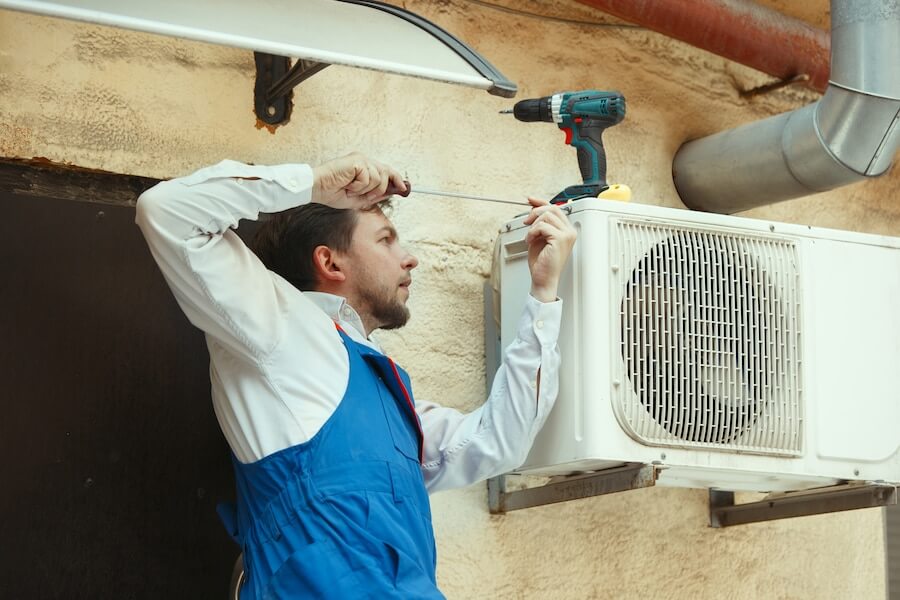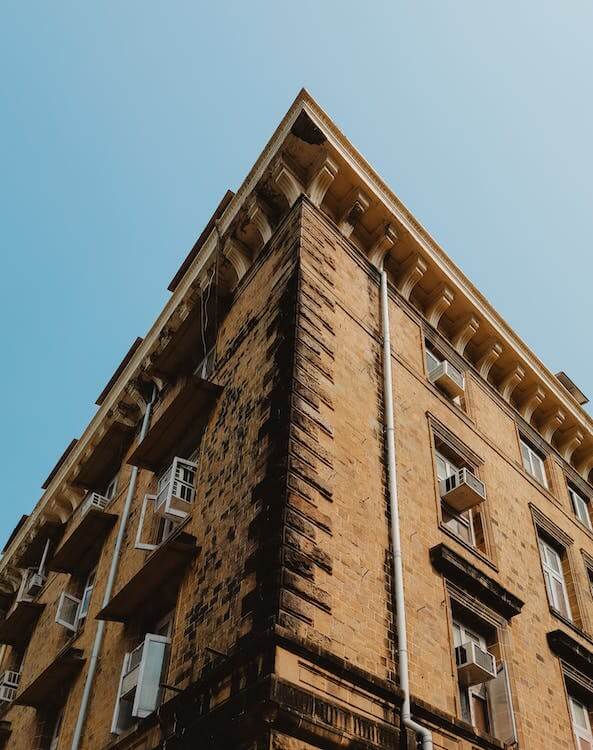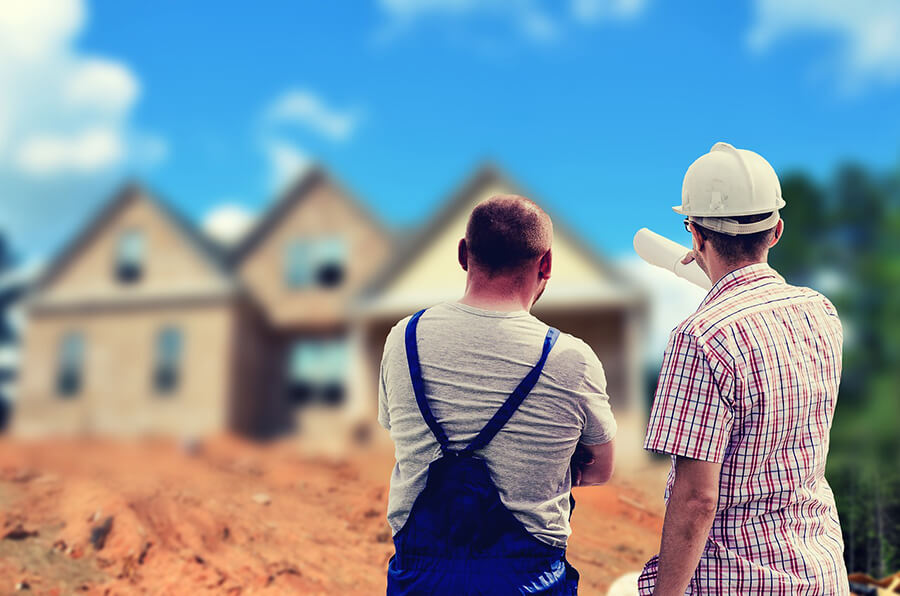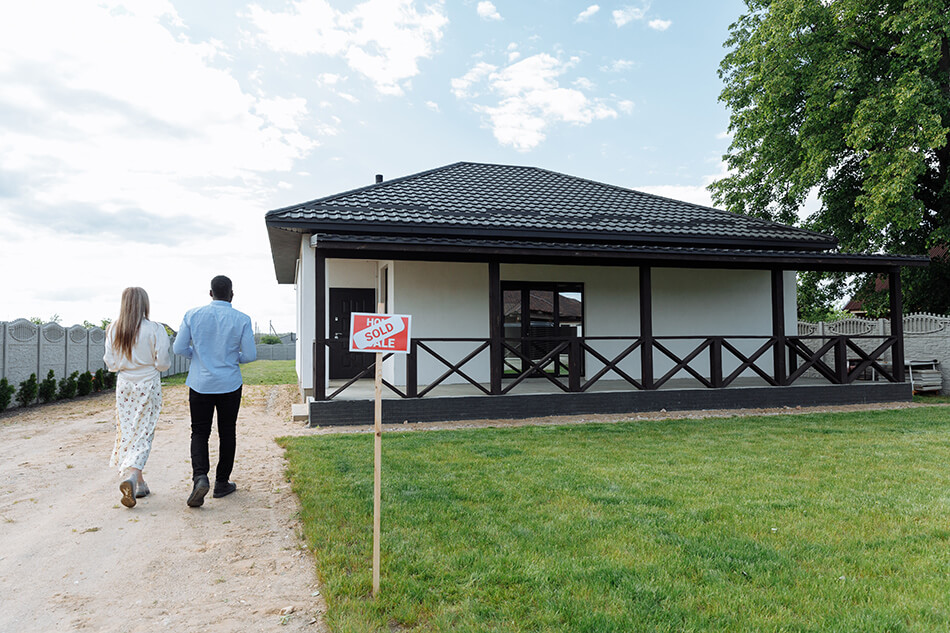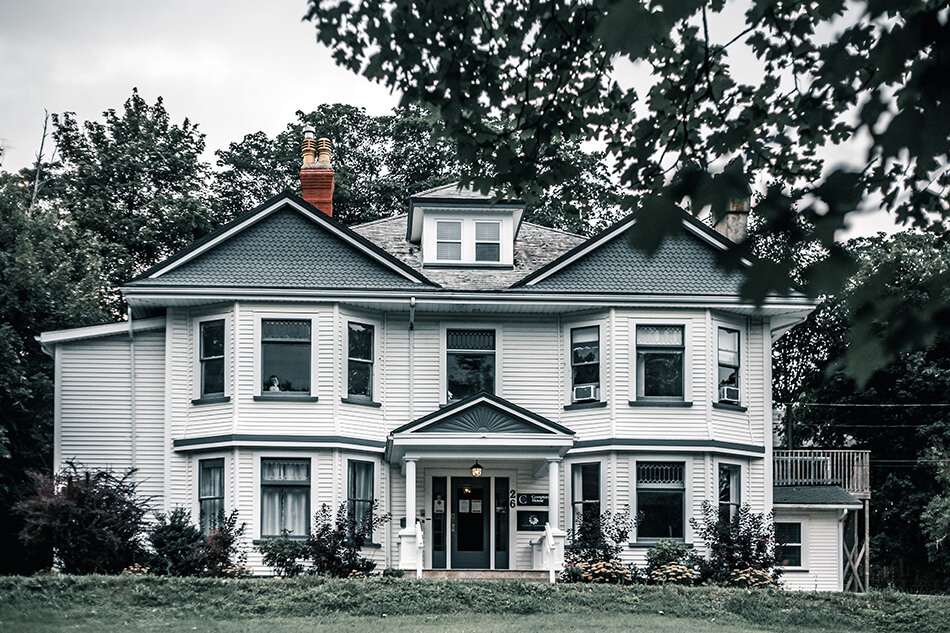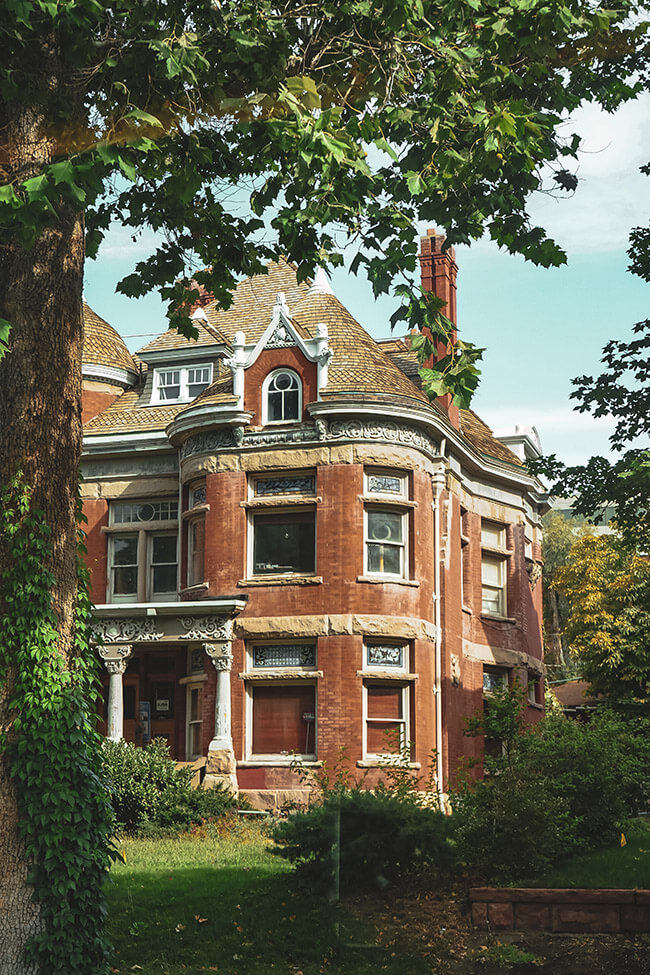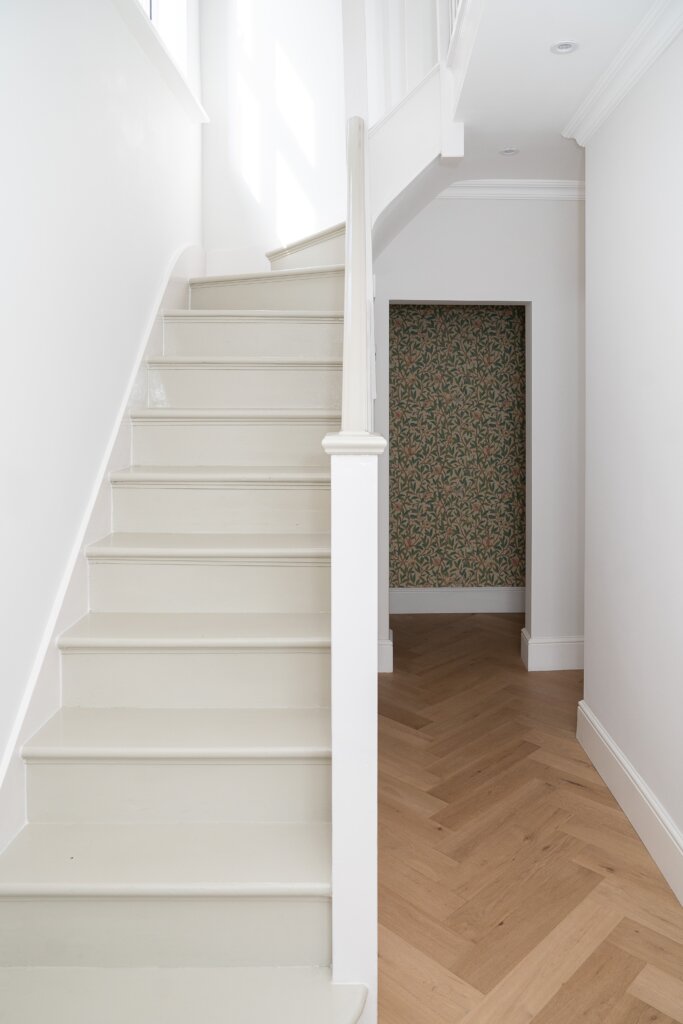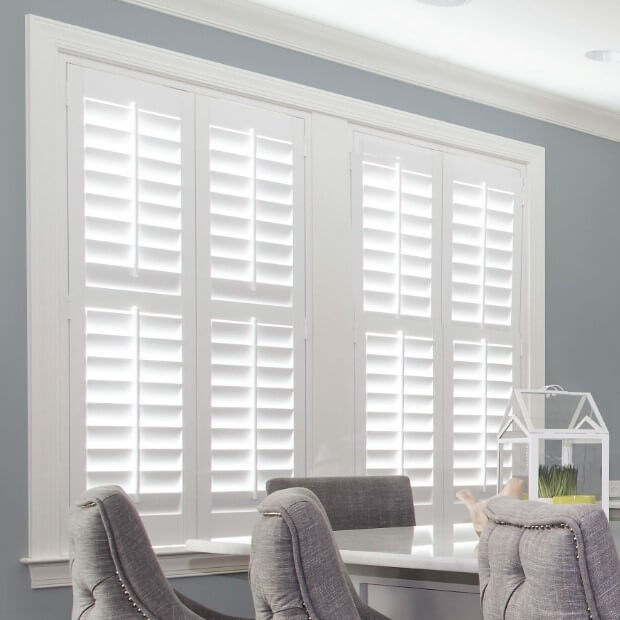How to Choose Between Repairing and Replacing Your AC
Posted on Wed, 28 Sep 2022 by Guest
There are a few things to take into consideration when choosing between an air conditioner repair or replacement. These factors include the unit’s age, its efficiency and functionality, and the cost of any necessary repairs, among others.
If your air conditioner goes down on the hottest days of the year, keeping these aspects in mind will make creating a less frantic plan of action easier. An older machine may function properly for a few more years with just a little repair and routine maintenance.
A new, high-quality air conditioner requires a significant investment. It usually makes more sense to have it fixed unless your old unit is underperforming and you can’t fix it without incurring substantial expenses. When determining whether to fix or replace your current air conditioner, some factors to consider are:
1. The Ductwork’s Condition
Even with the most energy-efficient equipment, you would not feel sufficiently cool on hot days. This is because the central air system’s mechanical components are just one component. Your technician should perform a duct-leakage test by closing the vents and calculating how much air leaves the system before determining whether to replace or repair your blower and condenser units.
If the ducts are ineffective, he can find and fill the gaps for, generally, $25 to $35 per vent (or, in business lingo, per “run”) or, for about $100 per run, completely replace the ducting with new, insulated tubing. Your specialist could recommend replacing the mechanicals in addition to making duct modifications, or they might advise fixing just one or the other.
2. The Efficiency of Your Current Unit
Your energy costs will be a pain when your air conditioner is outdated or in poor condition. While professional maintenance and cleaning can be helpful, some indicators of aging, such as efficiency, cannot be remedied without a complete replacement.
A Seasonal Energy Efficiency Ratio, or SEER Rating, is a term used to describe how effective an air conditioner is. It involves figuring out how much heat is evacuated in relation to how much energy the system uses.
Consider it similar to a car’s miles per gallon. The mileage improves with increased efficiency.
SEER ratings begin at 8 and increase from there. The most effective whole-home air conditioners typically operate in the 20 to 25 SEER range, although there is no limit.
This implies that in comparison to a new cooling system, your present system is more likely to be inefficient the older it is. Your utility costs and electricity use will be directly impacted by this. It’s important to note that efficiency consists of more than SEER. Your system’s efficiency is also influenced by the right amount of refrigerant, the regularity of expert maintenance, and the state of the electrical components.
3. The AC Unit’s Age
Your air conditioner’s age should be the first factor you take into account when considering whether to replace it or repair it. In general, older AC units should be replaced with more recent, more efficient versions. Older units sometimes operate less effectively than newer versions and may have lower Seasonal Energy Efficiency Ratios (SEER). Your air conditioner could be costing you more money if it was made in 2006 or earlier and does not meet basic government standards.
4. The Cost of AC Repairs
The cost of the required repair is one of the main factors when selecting between an AC repair and an AC replacement. There’s no reason to discard the entire item if the remedy is quick, easy, and reasonably priced. Over the course of your unit’s life, minor repairs may be required occasionally. On the other hand, a costly repair can force you to spend the amount of a new system without receiving the benefits. In these circumstances, it is crucial to consult a professional on the projected long-term costs for your unit.
A costlier repair could be justified if your equipment comes from a trustworthy brand and might add another five years to its lifespan. However, even minor service visits might start to pile up if your unit is expected to have several repairs over the course of the next five years. When estimating replacement and repair prices, it is useful to think about your potential financing options, coupons, and rebates.
5. The Length of Time You Intend to Stay at Your House
Your choice to fix or replace your HVAC system may be influenced by how long you intend to remain at your home:
- You intend to sell your house: If you intend to sell your house soon, the decision between repair and replacement becomes a little more challenging. A modern HVAC system has the potential to increase the market appeal and retail value of your house. You may also consider using PACE financing, which would have the appearance of being brand-new and include the cost of your system in your property taxes.
These payments would be sent to the next homeowner if you sold your house. Instead of spending money on a complete HVAC replacement, you can decide to make a little repair to get by instead, if you want to sell your house as-is for a lower price. - You intend to remain at your residence for a long time: If you possess an older unit and want to live in your house for a long time, the question becomes when you will replace it rather than if you will need to replace it. Your HVAC specialist can evaluate your system and assist you in determining if a replacement or repair is the best option for you, even though it’s still a crucial decision.
6. The Extent of Damage to Your Air Conditioning Unit
It’s crucial to first have a professional assess the severity of the problem before determining whether you should have your AC unit fixed or replaced. Repairing structural deterioration, such as rust and corrosion, and permanent harm to key system components might not be worth the cost. Similar to an engine replacement, these significant fixes would still end up leaving you with a piece of outdated equipment that may develop new issues in the future.
Endnote
When your air conditioner is more than eight years old, repairs are usually not worth the money unless there is a straightforward issue, such as a fan belt that is worn out or debris obstructing the condenser unit.
Ask your contractor to evaluate not just the state of your current equipment but, additionally, the ducts that distribute cold air and the general condition of the insulation within your home in order to best balance your option to repair or replace. The system’s efficacy may be increased by enhancing those factors just as much, or even more, than by adding additional equipment.
12 Questions to Ask a Potential Home Builder
Posted on Fri, 19 Aug 2022 by Guest
Selecting the right builder for your home is one of the most important decisions you will ever have to make. For a stress-free and fulfilling building experience, it is vital to know what to ask a potential home builder before you make a hiring decision. To help you out, here are 12 questions to ask a potential home builder.
1. How long have you been in business?
Since you need to find a highly skilled and competent builder, an important question is how long one has been offering their services. A company with a vast experience like Excel Builders that has been handling constructions for more than 25 years is better placed to offer you better services than a company marking their first year in business.
Typically, more years of experience translates to handling more projects and better knowledge about your area, the local building codes, zoning regulations, sewer & drainage lines, and general landscape, among other crucial details.
2. Are you licensed and insured?
A reputable home builder worth your time and investment should be fully licensed and insured. This will save you from problems with the local and state authorities while ensuring you are not at risk in case anything goes wrong during the construction.
3. Do you have warranty packages?
It is good to have the peace of mind that the home builder you hire will stand behind their work. This can only be guaranteed with a warranty package covering the workmanship and structural integrity. Remember to ask how long the warranty lasts, what it covers, and how they will handle issues you raise.
4. Have you built homes of this style?
Since your dream is to have an attractive and livable family home, it is best to opt for a home builder who has experience or specializes in the style you want. The best way to ascertain this is by going through the builder’s portfolio and taking a tour of a home they have recently built for a customer with similar needs.
5. How do you guarantee quality constructions?
A home builder’s promise of quality construction should be backed with an assurance of how they will make this possible. Reputable builders will have a quality assurance checklist that is ascertained through multi-point inspections at different stages of the construction.
Remember, whether your goal is to have the most colorful townhouse or a charming country house, the construction quality is determined by what goes on behind the walls, not aesthetics.
6. What differentiates you from other home builders?
An easy way to determine the builder’s personality and style of work is by inquiring about what makes them unique. Building a custom home comes with challenges, and you need the assurance that the team you’ll be working with has what it takes to manage this process efficiently and deliver quality.
7. What are the defining features of your homes?
It is important to know the features your house will have that few other builders can offer, and this is best done by focusing on the strengths of your builder. Whether it is the fact that they focus on building energy-efficient homes, putting up stronger foundations, or excellent finishes, you need insights on what to expect.
8. How will you determine the cost of building my home?
Requesting a construction cost breakdown is the best way to determine how best your allotted budget suits the project. You will also get to determine factors such as how much the labor charges compare to material costs, what percentage of the budget is set, and how much is an estimate.
This way, you can be confident that your builder will not recklessly run you over your budget. You will also know what can and will be executed once you hire the builder. Pay extra attention to whether they offer services such as landscaping and if it is pre-included in the budget.
9. How often can I expect updates, and will I have a contact person?
Communication is vital during a home-building process as this is the only way to ensure everything is running according to plan. A home builder who values your satisfaction will prioritize providing timely and detailed updates on the construction progress. For smoother two-way communication, you need to have a contact person you can always reach out to whenever you have any inquiries.
10. What is the estimated time for my home’s completion?
While so many factors will determine how long it takes to build your home, it is ideal to know what your timeline will look like. Keep in mind that this time frame might be longer than anticipated as managing constructions is complicated and can severely be impacted by uncontrollable external factors such as extreme weather conditions.
11. How many of your builds finish on time and on budget?
This question goes hand in hand with the estimated timeline for your home’s completion and helps you determine how committed the home builder is to their projects. Getting a sense of how often a builder gets to finish a project on time and on budget will give you the confidence to trust them with your construction. Beware of promises that are too good to be true, as no home builder can guarantee 100% project completion within a short timeframe.
12. Do you have references I can talk to?
Talking to a potential home builder before making up your mind is never enough. For a clear picture of the level of competence to expect, talk to past customers for an in-depth homeowner’s perspective. Beyond the general questions such as whether the homeowner was satisfied with the construction, make inquiries that will prompt detailed answers. These can include:
- What level of assistance was provided when selecting home finishes?
- Did you request any changes or home upgrades during the construction, and how were your requests handled?
- How often did you have access to the construction site during the building process?
- Was the project completed on budget?
Endnote
Deciding to build a custom home comes with the mandate of choosing the right builder, and by knowing the right questions to ask, you can attain the partnership you need for your dream home to come to life.
4 Factors to Consider When Buying a Home
Posted on Fri, 12 Aug 2022 by Guest
Buying a home is one of the most exciting life accomplishments but can be quite an overwhelming and time-consuming process, especially if you are a first-time homebuyer. Once you have decided to buy a home, you need to consider various factors that will impact your current and future lifestyle and financial state. After all, you want to find a home that will keep you and your family comfortable and happy for the long term. Here are four essential factors to consider when buying a home.
1. Location of the home
Location is perhaps the most critical factor to consider when buying a home. You want a location that allows easy access to the places you frequent the most, such as the place of work, recreation center, place of worship, school or shopping center. Depending on your preference, you may want to be on the main road or a quieter area with many cul-de-sacs or side roads. Considering these things before you buy a home can help you avoid the hassles of getting out or into the neighborhood.
2. Type and ideal home style
The type of home you intend to purchase will depend on your needs and preferences. There are various options to choose from, including condos, single homes, bungalows, apartments, and mansions.
Your choice of home will also depend on your preferred lifestyle. Condos make an excellent choice for those who want to have their own home while still having access to hotel-style amenities. On the other hand, single homes are for people who want the freedom to customize a home to their specifications.
Once you decide on the type of home you want, the next thing is to consider the house design. You can search for different home designs and make a note of which can improve the aesthetic appeal of your house. The key factors that determine the design of a home include material used, color, size of the house, and landscaping.
3. Payments plan
Buying a home needs a huge sum of money, and only a few can afford to pay the price upfront. Therefore, you should look for the different payment plans available and secure your finances. If you will use the mortgage to buy your home, discuss different repayment plans with your bank or lender. Be sure to find a reliable financial partner who will hold your hand throughout the home buying process.
4. Age of the home
Age makes a significant impact when buying a property, especially a home you have always been dreaming of. Older homes can have a more appealing character, but they may require more maintenance work in the long term.
If you want to buy an older home, ensure you have the time, budget, and inclination to enjoy managing repair and renovation projects. However, this can be irrelevant if you are only interested in a newly-built home, but that doesn’t mean you should overlook the condition of any property you will be viewing. That’s why it’s vital to inspect a home thoroughly before you buy it to save yourself from hassle afterward.
Endnote
Everyone deserves to find their dream home, which is possible with the proper research. Consider these essential factors as you and your family begin the home buying process. These factors will help you focus on the qualities a good home must have in order to meet your needs and preferences.
Preparing to Lay Wood Flooring: 4 Tips
Posted on Tue, 5 Jul 2022 by Guest
Preparing to lay wood flooring is an extremely important part of the process of installing new floors. There is so much to consider including your dust control systems, the preparation of your subfloor and how much flooring you need to actually buy.
-
- Work out how much flooring you need
One of the first things you will need to do if you are planning on laying wood flooring is to work out how much flooring you will need to cover the whole room. Use a laminate flooring calculator to work out how much of your wood floor you will need to purchase to fill up your space.
-
- Remove your doors
Before you begin the process of preparing to lay your floors remove the doors to the room you are working on. Take the doors off their hinges but try to leave the hinges in place so that you can easily reattach the door once the floors are finished and ready. Keep the doors stored in a separate room with a blanket to prevent scratching or any other damage, and remember to keep all the pins from your hinges stored safely in a plastic bag or box so that they don’t get lost.
-
- Supplement the Dust Control System
Although most wood floor installers will make sure to implement a proper dust control system, it is recommended that you do anything you can to supplement these efforts. Seal off any rooms that won’t be sanded with plastic sheets and painter’s tape to avoid any excess dust from reaching inside the other rooms of your home, and install plastic sheeting around the perimeters of the worksite.
Make sure there is enough space clear for the workers to do their jobs easily, and tape some excess plastic over heating ducts and any other openings in your home to make sure that dust does not circulate your home through the ducts.
-
- Prepare the Subfloor
It is important to note that if you are bringing professionals in to install your wooden floors it is unlikely that they will spend much if any time working on your subfloor unless you have negotiated this already as a part of the installation price. Because of this, you may want to do some work to eliminate any imperfections such as dips in your flooring and give the workers a perfectly flat and well-secured foundation on which to install your new wooden flooring. If your home’s subfloor is particularly bad, you may choose to completely remove the old flooring and lay a completely new subfloor. If you don’t want to go this far, you may choose to install a thin underlay made of plywood to smooth over the surface.
Overall, there are many things that you can do to help to prepare a room for laying wood flooring, it is all about having a smooth and well-finished subfloor as well as a proper dust control system. Make sure also that you have enough material to cover the whole floor so you aren’t left with an incomplete room.
How to Build Your Own DIY Plantation Shutters Online
Posted on Sun, 26 Jun 2022 by Guest
What are plantation shutters?
Windows are shielded by plantation shutters from heat, dust, light, and even security risks. When matched with the design and style of the furniture and accessories, they improve the outer curb side appearance of a house, increasing home value and also contributing to the interior décor.
You have the choice of plantation shutters or conventional shutters if you’re interested in purchasing shutters for your property. Both offer some significant benefits, and whether you prefer one to the other will mostly rely on your own taste and the design of your home.
Why use plantation shutters?
Plantation shutters are quite effective at conserving energy, which is one of their main advantages. Anyone looking for home remodeling ideas on a budget should take this into serious consideration. Because they are fitted in such a way as to seal tightly against the window frame, plantation shutters are energy-efficient. This aids in preventing both the entry of outside air and the egress of internal air from your home. Plantation shutters are among the greatest window coverings for keeping heat out in the summer and cold out in the winter because of their inherent structure.
Can you DIY plantation shutters?
Yes, you have the option to create your own DIY plantation shutter from scratch using materials like wood. However, this can be a complex process and would require the use of proper equipment in order to create one accurately and successfully. If you are looking for an easy way to make a DIY plantation shutter, you can purchase it from a reputable online store where you can input your measurements and get the instant cost and estimate.
Why order plantation shutters online?
The main advantage of looking up shutters online is convenience and cost saving. Homeowners may perform this in the comfort of their own homes. Anyone may purchase shutters from the manufacturer’s website with only a few clicks, then just wait for them to be delivered to their house. Even better, customers may typically get installation services from internet shutter vendors if they need it, buy a DIY shutter install offers huge cost savings.
Therefore, a homeowner has the opportunity to have shutters fitted on his or her windows by purchasing shutters online. This relieves them of the responsibility of handling the installation themselves, which can be challenging for someone without the necessary skills.
The buyer might save money by conducting internet research for shutters. Travel fees for looking at shutters and visiting several showrooms are less expensive. This implies that you may apply the money you save toward the price of the shutters.
Additionally, there is fierce rivalry among shutter retailers, so shopping for shutters online enables you to locate the greatest value and quality for your money. Shutters are now being sold by more internet merchants than in the previous few years. These internet retailers must lower their prices to compete, hoping to draw in more customers. Homeowners will benefit since they can now get shutters for a lower price.
If a customer purchases shutters online, there are several options from which to pick. When compared to those that have brick-and-mortar establishments, online shutter sellers provide a large variety of styles. There isn’t enough room for offline retailers to exhibit all the shutter styles they have available. As a result, fewer designs are available for potential customers to examine.
Online shops, on the other hand, have plenty of room on their websites to exhibit the shutters they are selling. As a result, they are able to show prospective customers hundreds of different shutter designs. Online shopping is the best option for those seeking a large selection of shutters to select from.
What to consider when buying plantation shutters online?
Plantation shutters just scream luxury and sophistication. Because of this, many homeowners opt for them to furnish practically any space, and they look for the ideal stain to go with their style.
To discover the perfect match for your taste and budget, take into account the following information about plantation shutters before making an impulse purchase.
One example is composite or wood, although real hardwood has a high price tag, many homeowners adore the rustic aesthetic of wooden shutters In stained colours.
This has led to an increase in the production of window coverings made of composite materials that resemble rich wood. These imitation wood composite shutters, which are made to endure for many years, frequently provide the same balanced protection against the sun and heat as real wood. For increased durability and dependability, each louver on our plantation shutters is strengthened with an aluminum insert.
Although wooden shutters are pricey, the beautiful texture of actual wood grain is what draws people in. However, if you’re after just a white colour, the most popular chosen… then you should opt for cost saving pvc plantation shutters, as they appear the same from the outside.
Why choose My Direct Blinds to buy plantation shutters?
If you want to get more information about DIY plantation shutters, just visit:
MYDIRECTBLINDS.COM.AU and save up to 70%, with our market-leading pricing on shutters.
We can cut out the middlemen and pass the savings along to you by ordering directly from the manufacturer and importing our own shutter blinds. Most of our rivals buy their plantations from wholesalers who act as middlemen and add a markup. We pass those savings onto you.
When compared to our competitors, our exclusive freight relationships enable us to reduce the overall prices of supplied shutters. Additionally, we take a few business days to carefully package your shutters and arrange them by destination so that there are fewer hands handling your priceless items during shipping, lowering the possibility of damage.
You can be confident you’re receiving the best possible price with the most affordable plantation shutters on the market and a price beat promise. We ship our plantation shutters across Australia. Our supplier, who has years of industry expertise and supplies many other renowned businesses around the nation, makes our shutter blinds using high-quality materials.
